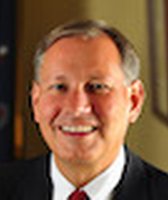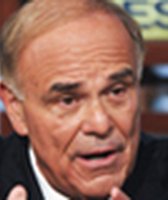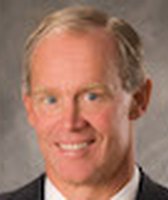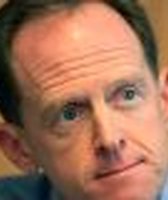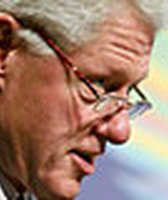Stand up for the facts!
Our only agenda is to publish the truth so you can be an informed participant in democracy.
We need your help.
I would like to contribute
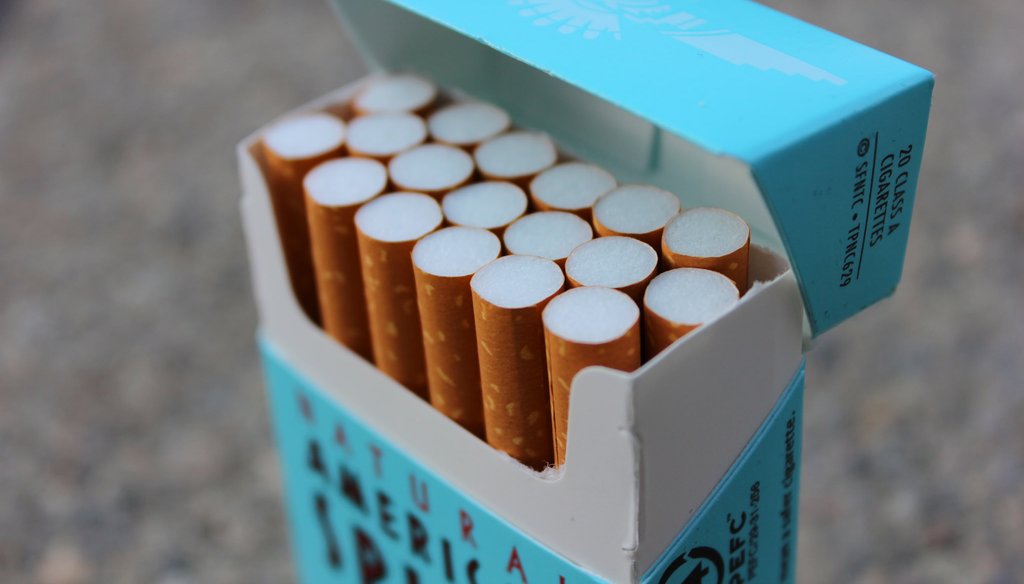
Credit: Lindsay Fox at EcigaretteReviewed.com/Flickr
Cigarette packs across the state now cost a dollar more than they did in July. This tax increase got approved with the new state budget. The cigarette tax hike, which accounts for 57 percent of the new tax revenue package, was hotly debated. Many Republican lawmakers argued that it was regressive, as it would disproportionately affect the poor.
Philadelphia’s soda tax faced similar critiques before it was passed in June. Sin taxes, a label applied to tobacco, gambling, fast foods, sweets and alcohol, among others, indeed trend that way. Research shows that lower-income residents purchase both cigarettes and sugary drinks in heavier amounts. But polling finds that more well-off Americans drink more alcohol. Why do sin taxes, then, typically impact the poor to a greater a degree?
"Just by virtue of pure mathematics… if you’re consuming at equal rates, people who make less are paying a bigger slice of their income," says social programs and poverty expert Anthony Barrows, the Boston-based vice president of think tank Ideas 42. "Then, by extension, if you were to look further and say, ‘Well are there differing rates of consumption,’ if you were to find anything that’s subject to sin tax that people of lower incomes tend to consume more, then that magnifies that disparity."
Barrows isn’t aware of a single sin tax where the poor aren’t disproportionately affected, although he points out that this may have something to do with how experts categorize them: The sin tax label isn’t normally applied to luxury taxes, like flipping a condo or purchasing yachts, he says.
Whether sin taxes effectively discourage the activities they levy is also a topic of much debate. We’re still awaiting 2016 numbers on adult cigarette prevalence in Philadelphia. Philly’s $2-cigarette tax went into effect in October 2014. According to the city Health Department, the adult smoking population in 2014-15 fell by one percentage point, to 22.4 percent. So we can infer that either that one percent quit smoking… or they started buying their smokes elsewhere.
A 2002 paper from the Center on Budget and Policy Priorities reports that while lower-income residents would be more likely to taper down their tobacco spending, the logic that consumers will save by cutting back "does not address the high burden on low-income individuals who cannot immediately change their behavior in response to a cigarette tax increase because of the addictive nature of cigarettes."
Another factor that influences shopping habits is access. Billy Penn surveyed the drink options available at five neighborhood stores in the Riverwards this June. The percentage of taxable, sugary beverages for sale fell between 57 and 71 percent at each location. Last year, the Navajo Nation, which encompasses segments of New Mexico, Arizona and to a lesser extent Utah, passed a 2-percent junk food tax with public health benefits in mind. According to Indian Country Today, a local organization found that junk food takes up a whopping 80 percent of grocery shelves in the nation.
Newer, developing research suggests that poverty can also affect how people approach shopping decisions, but it’s nuanced. Eldar Shafir and Sendhil Mullainathan, co-authors of Scarcity: The New Science of Having Less and How It Defines Our Lives, co-founded Ideas 42 in 2008.
"If you’re constantly primed to think about the deprivation that you’re suffering, or not having enough of a key resources," Barrows says, "that’s like being constantly prodded to do less well cognitively.
Our Sources
Phone interview, Anthony Barrows, vice president, Ideas 42, July 18, 2016
"Cigarette Tax Increases: Cautions and Considerations," Center on Budget and Policy Priorities, July 2002
"Drinking Highest Among Educated, Upper-Income Americans," Gallup, July 27, 2015
"Current Cigarette Smoking Among Adults in the United States," Center for Disease Control, 2014
"Experts: Philadelphia’s poor will pay for Jim Kenney’s ‘imperfect’ soda tax," Billy Penn, March 1, 2016
"The soda tax and Philly’s neighborhood stores: Where the impact is greatest," Billy Penn, June 7, 2016
"A Junk Food Tax in a Food Desert: Navajo Nation Tries to Curb Unhealthy Snacking," Indian Country Today, April 2, 2015









